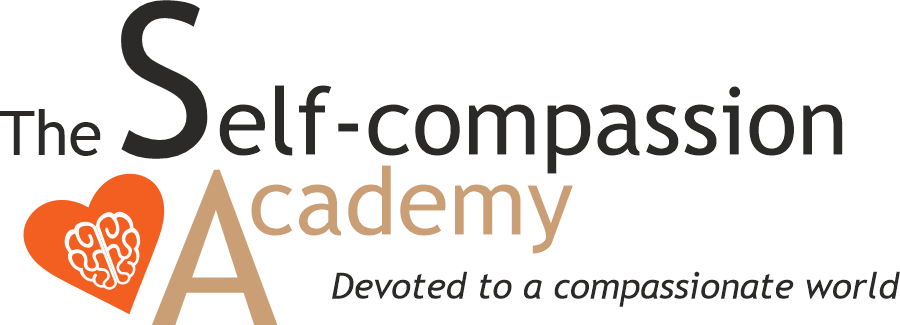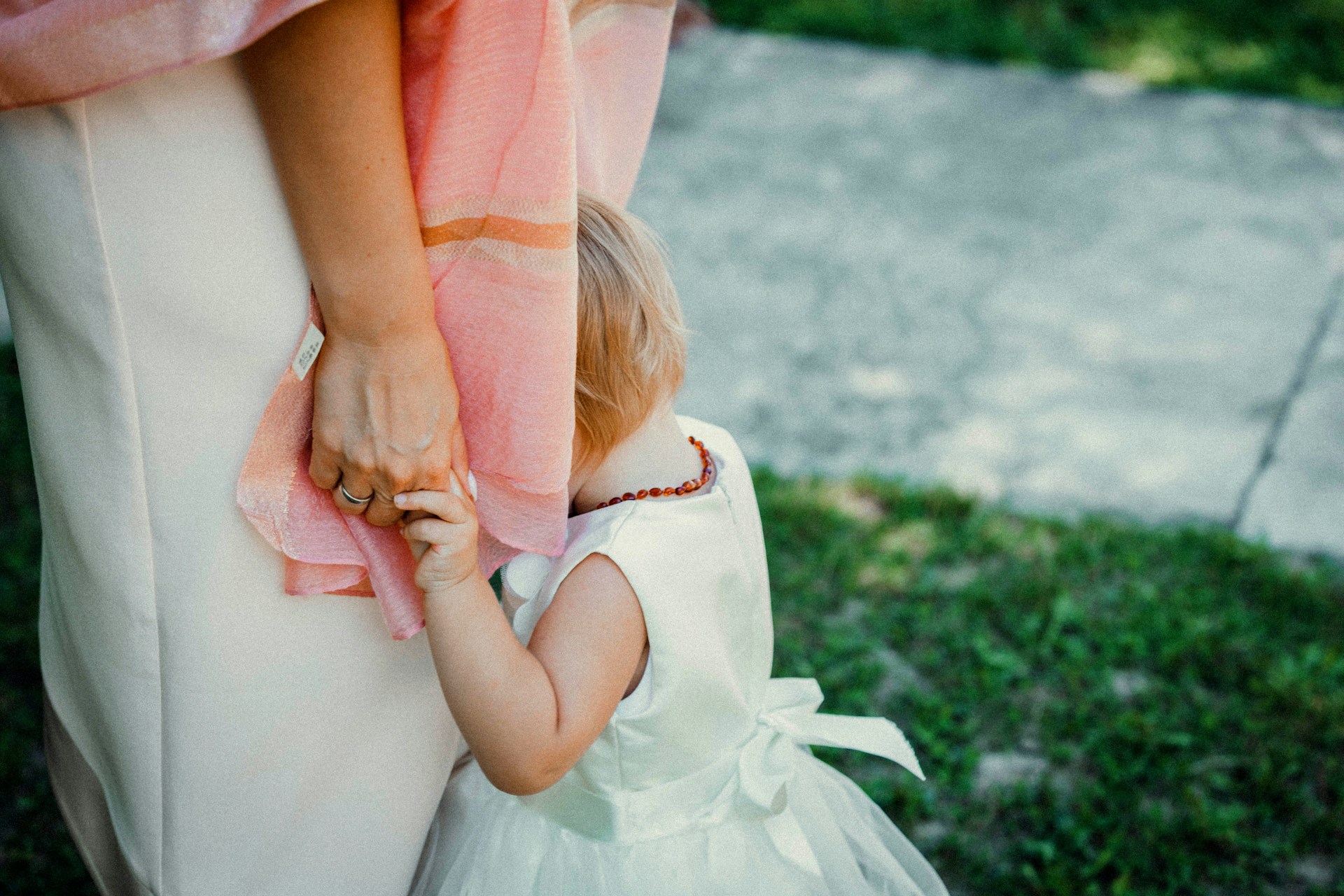What happens when you spend four days practicing mindful self-compassion? Well, let me start by saying this: it’s not a magic blanket of kindness that suddenly makes you immune to anger, sadness, irritation, or anxiety. You can let that expectation go. The course itself doesn’t necessarily change you, it’s what you take with you afterward in your day-to-day life that does and can slowly change the course of your days (and weeks, and years). That’s where the real change happens.
As an editor and writer in the field of psychology and well-being, I’ve written countless articles about the mind. I’ve interviewed psychologists, professors, and researchers. You could say I know my way around the psyche at least a little. And yet, I’m still my own harshest critic. My thoughts often race. I rush through my days. Calm feels more like a concept than a lived experience.
The irony is that I know how to take care of my mind. I know the science behind slowing down, being kind to yourself, and fostering a softer inner voice. But knowing isn’t the same as doing. That’s where the Mindful Self-Compassion Course came in, to finally put all that knowledge into practice.
My mindful and compassionate learnings
How can I be kinder to myself? How can I feel more at ease and stop being pulled under by my own critical thoughts? Or, more simply: how can I actually treat myself better? With that intention, I joined the four-day course.
These are some of my main insights.
1. If it’s hard, it’s not compassion
You can’t learn to be more compassionate with yourself by working hard. You can only learn to be more compassionate by working with your heart. For someone who always had to force herself into being kind, this simple insight changed a lot.
“If it’s a struggle, it’s not self-compassion,” said Mila de Koning, founder of the Self-Compassion Academy and MSC teacher. And I try to remind myself of this whenever I start to push myself into another mindset.
2. What do you want others to say to you?
How do you respond to others who go through a hard time? And what would you like to hear yourself when you’re struggling? Write down those sentences and use them in your meditation to remind yourself in a way that speaks to you.
For instance, I try to remind myself: “I’m doing my best, as best I can today.” Or: “It’s okay to slow down; you can’t give 100 percent every moment of every day.”
3. The subtle agression of self-improvement
We think it’s possible (and necessary) to become a “better” person. We think it’s possible to control everything. But let’s face it: you can’t control your feelings and thoughts. It’s important to embrace that mess in a compassionate way.
4. Write a self-compassion letter – seriously, do it
I wrote about writing a self-compassion letter, but I never wrote one myself. Until I did during the course. Re-reading this letter every now and then really helps me remind myself to be less hard on myself.
5. Ubuntu
In the course, Mila spoke about the African word ubuntu, which means something like “I am because we are.” You need others around you; you need connection.
Since the workshop, I try to seek more meaning and kindness in the (little) moments of contact with others around me: a small chat with the cashier, a smile when I cross someone on the street, and really being there when I talk with my partner (instead of being on my phone or with my mind in my to-do list).
6. Anger tries to tell you something
Anger is not a “wrong” emotion; it’s a signal that something isn’t right for you. It indicates that someone or something has reached your limit and helps you act on it—to speak up for yourself, for instance, not to hurt the other, but to make your boundaries known.
7. Ruminate on the good stuff, too
What if we treated the good and positive moments in life the same way we do with the negative moments? Take the time and space to notice what’s going well, what you’re grateful for, and what’s good in your day. This way, you train your brain to focus more on the positive and less on the negative.
Read more: 6 Insights from The Self‑Compassion Workshop with Kristin Neff
What can the Mindful Self-Compassion program bring up for you?
Of course, these were my insights, but during the course I noticed that the same information brings up different insights and experiences for different people. You can learn from my experiences, but now that I’ve finally taken the time to immerse myself in the Mindful Self-Compassion program, I can assure you: you only truly experience what it means by doing it yourself.
The Mindful Self-Compassion program is a science-backed program based on research done by psychologists Kristin Neff and Christopher Germer. Together, they created the program that you can follow in multiple formats, such as eight weeks, a five day intensive, or – in my case – four days.






